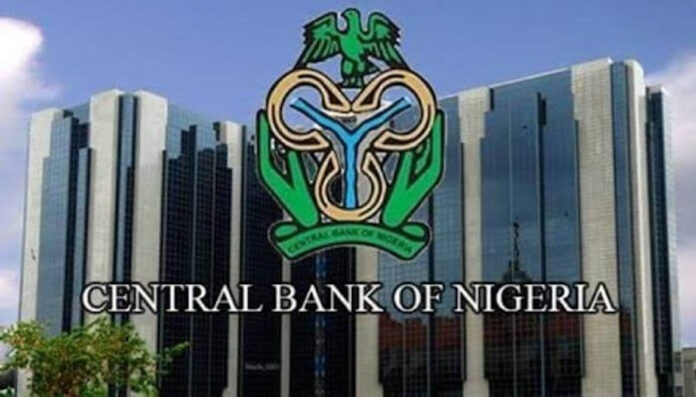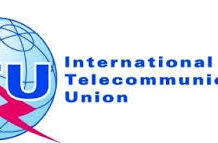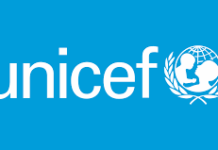Nigeria’s march toward a fully cashless economy gathered further momentum in July 2025 as the value of electronic transactions surged to ₦384 trillion, according to new figures released by the Central Bank of Nigeria (CBN). The latest figure represents a sharp increase from ₦280 trillion recorded in August 2024, underscoring growing public confidence in digital payment channels and the rapid evolution of the country’s financial system.
The CBN Governor, Olayemi Cardoso, disclosed the figures during the opening ceremony of the 2025 Nigeria Fintech Week in Lagos. Represented by Opemi Yusuf, Director of Payment System Supervision at the apex bank, Cardoso said transaction volumes also rose within the period, reaching 4.12 billion in July 2025, compared to 3.9 billion a year earlier.
“Over the last year, we have seen strong adoption of digital channels with total electronic payments reaching over 3.9 billion transactions valued at ₦280 trillion in August 2024 compared to the growth of 4.12 billion transactions valued at ₦384 trillion by July 2025,” he said.
The CBN attributed the growth to strengthened consumer trust in digital systems and successful reforms within the payment ecosystem. Cardoso explained that the bank has placed a strong emphasis on integrity, security, and innovation through the enforcement of stringent operational standards, improved cybersecurity frameworks, and the deployment of advanced fraud detection systems. He reaffirmed the apex bank’s commitment to “responsible innovation” that drives financial inclusion and stability.
Cardoso cited initiatives such as open banking as critical steps toward deepening competition in the financial sector and enabling more personalized services for consumers. “As Nigerians advance towards a cashless economy, the foundation of progress must remain trust in our payment system. Innovation loses its meaning if consumers are not confident in the safety of their money or the protection of their data,” he said.
He added that the bank continues to work closely with the Nigeria Electronic Fraud Forum and law enforcement agencies to combat digital financial crimes. “By balancing innovation with prudent oversight, we allow new technologies to flourish while protecting consumers and the broader financial system,” he said.
Industry stakeholders at the event echoed the need for collaboration to sustain the momentum of Nigeria’s fintech evolution. The President of the Fintech Association of Nigeria (FintechNGR), Dr. Stanley Jacob, described this year’s theme—“The FinTech Ecosystem Symphony: Orchestrating Nigeria’s Digital Future”—as a collective call to action. He urged participants to seize opportunities for partnerships and strategic deals that will shape the sector’s next growth phase.
For the first time, the annual event is taking place simultaneously in multiple cities, including Lagos, Abuja, Delta, and Enugu, reflecting the sector’s growing national reach. Dr. Jameelah Sharrief-Ayedun, Vice President of FintechNGR and Chair of NFW 2025, said this was a deliberate move to foster wider participation.
Dr. Segun Aina, President of the Africa Fintech Network, highlighted Nigeria’s dominant role in the continent’s fintech landscape, noting that the country is home to four of Africa’s nine fintech unicorns. He announced ongoing efforts to collaborate with regulators on a “Fintech Licensing Passporting” framework that would enable startups to operate seamlessly across African countries.
















